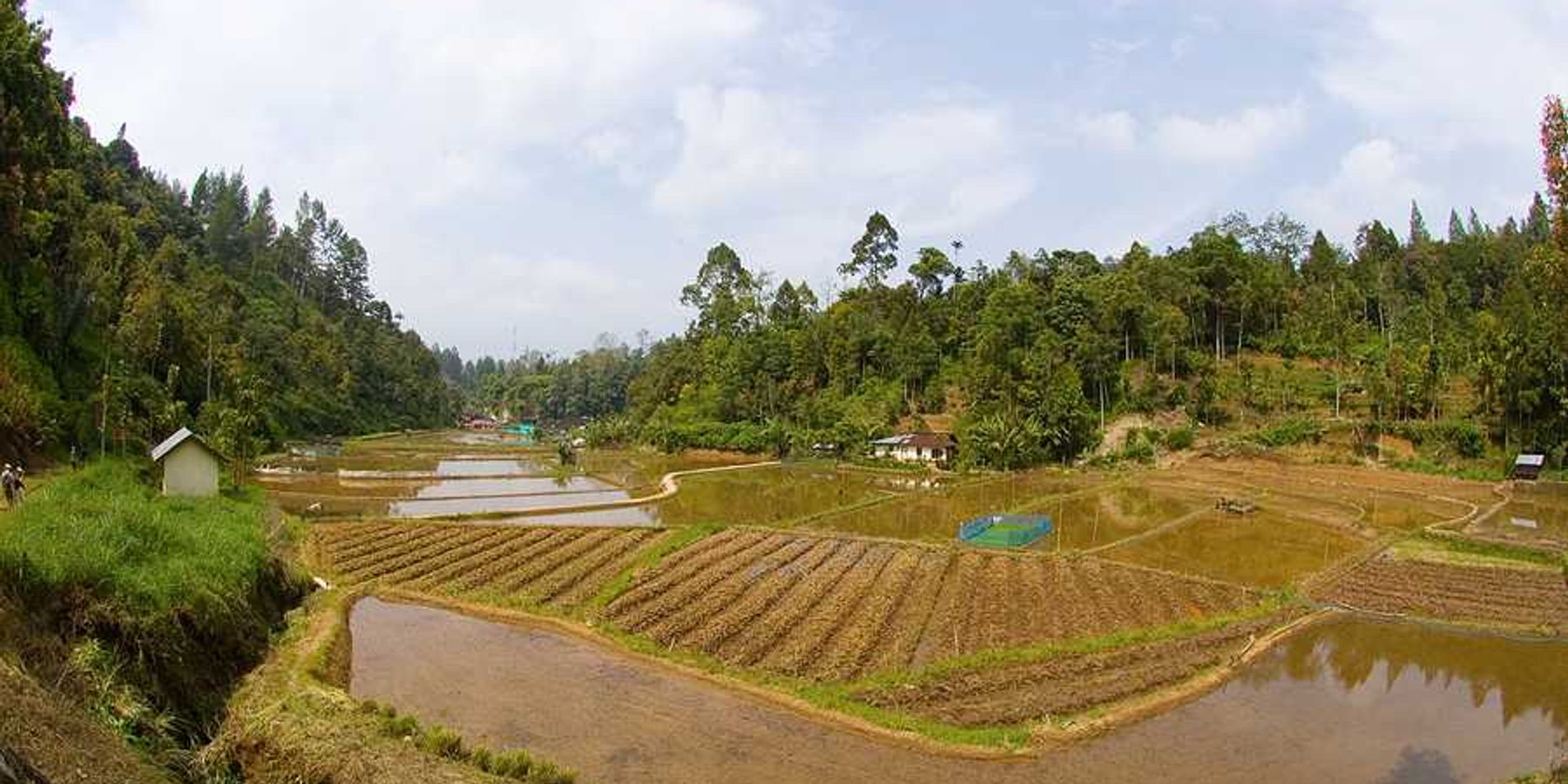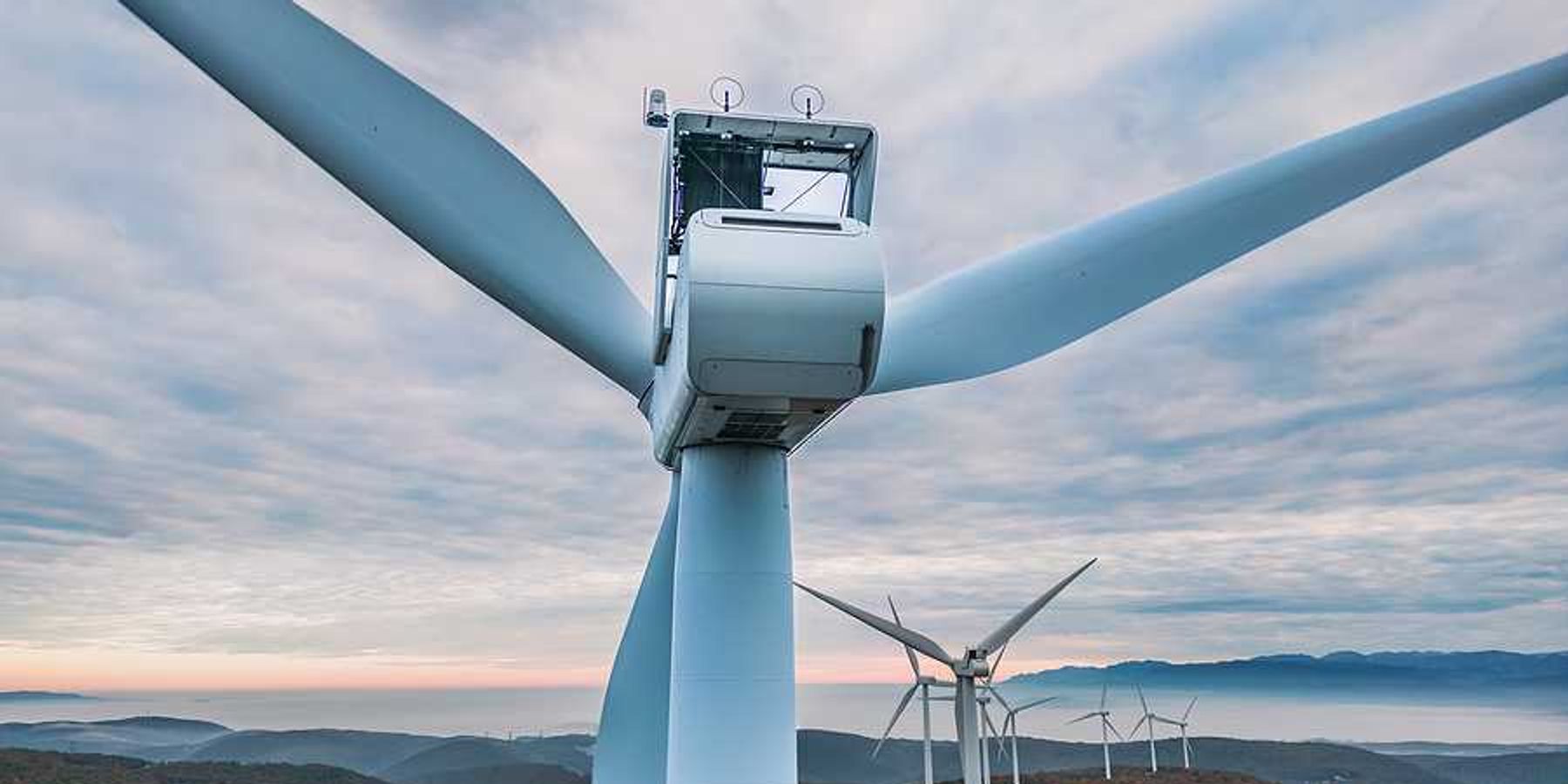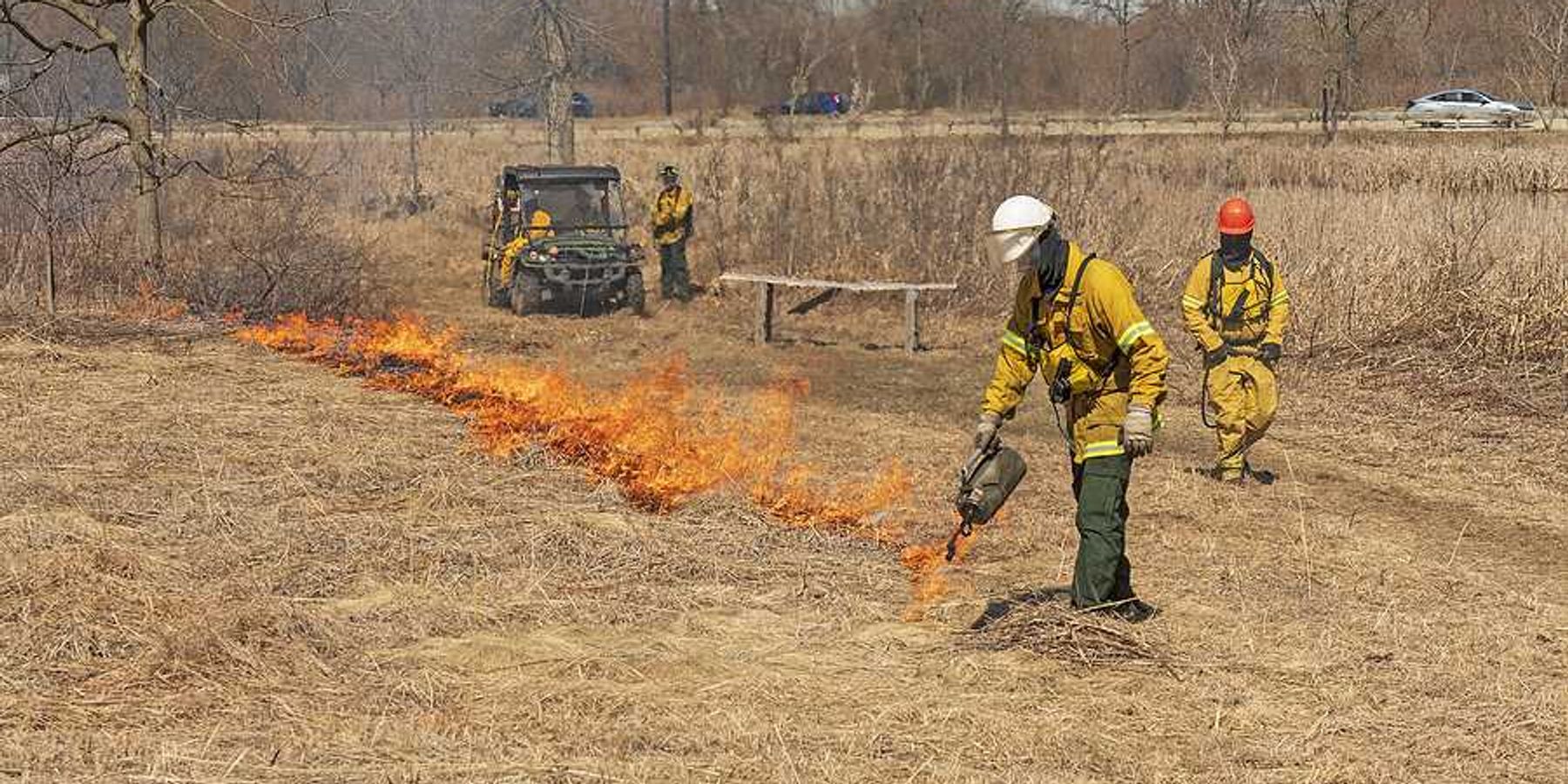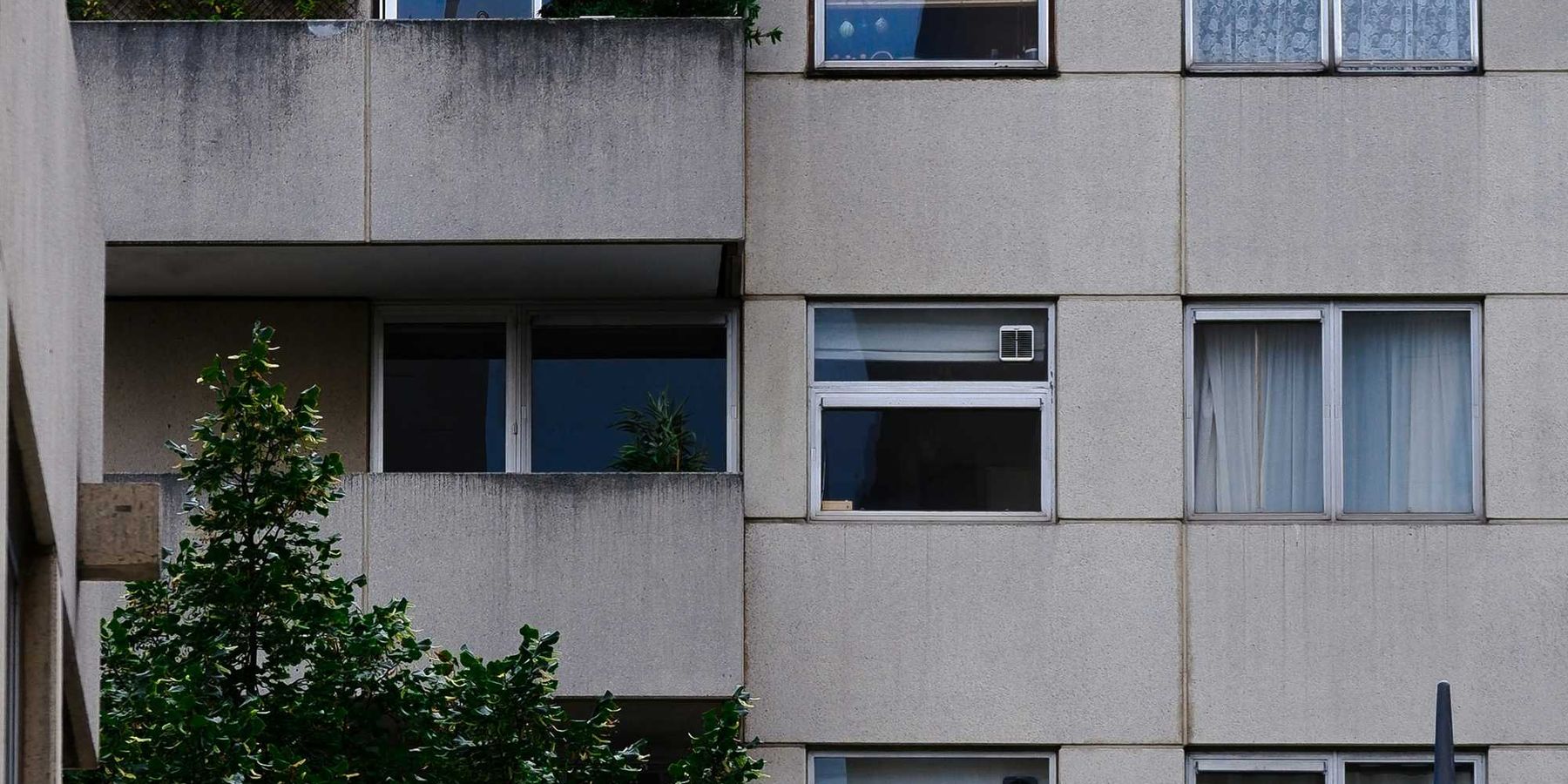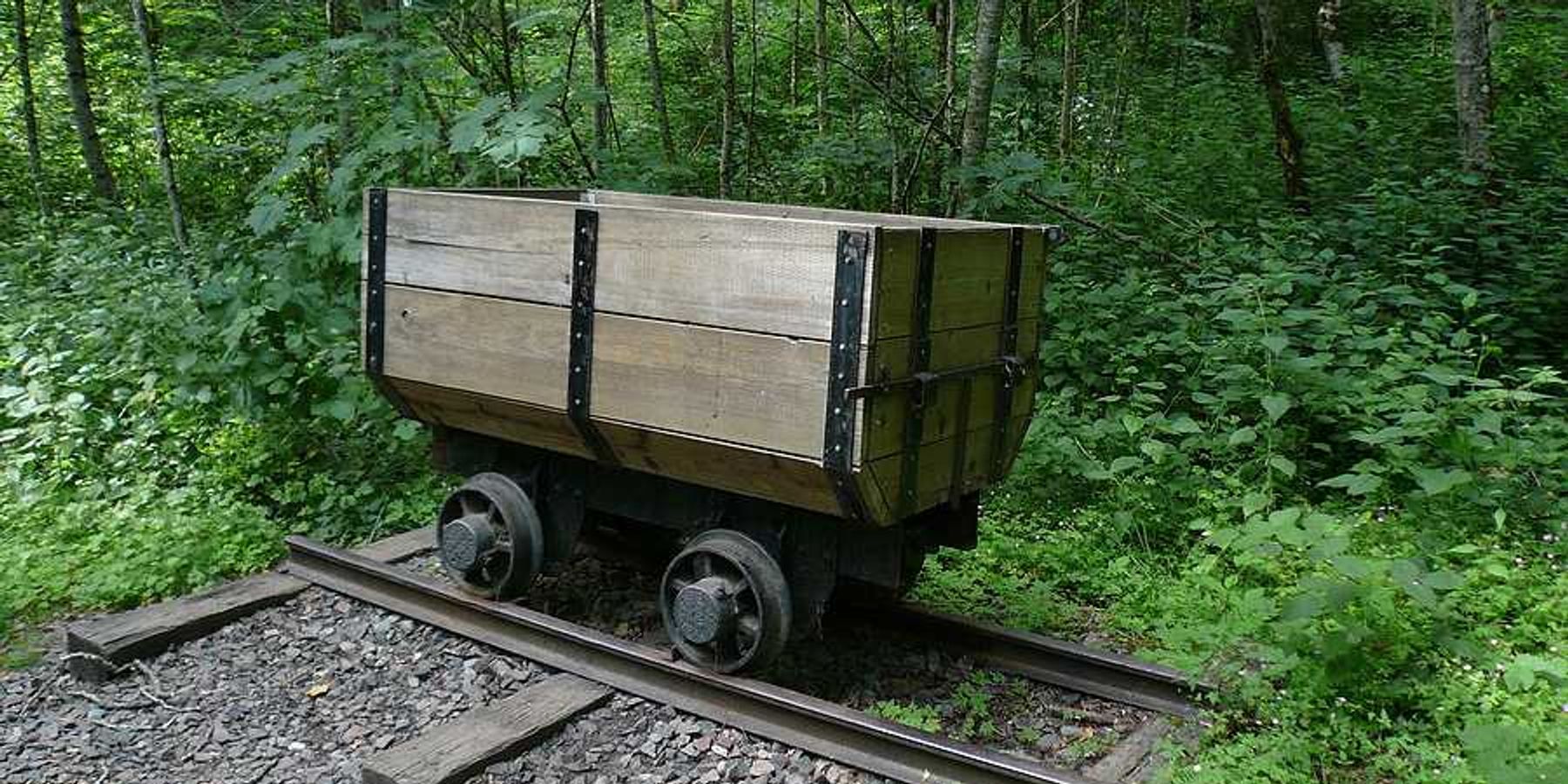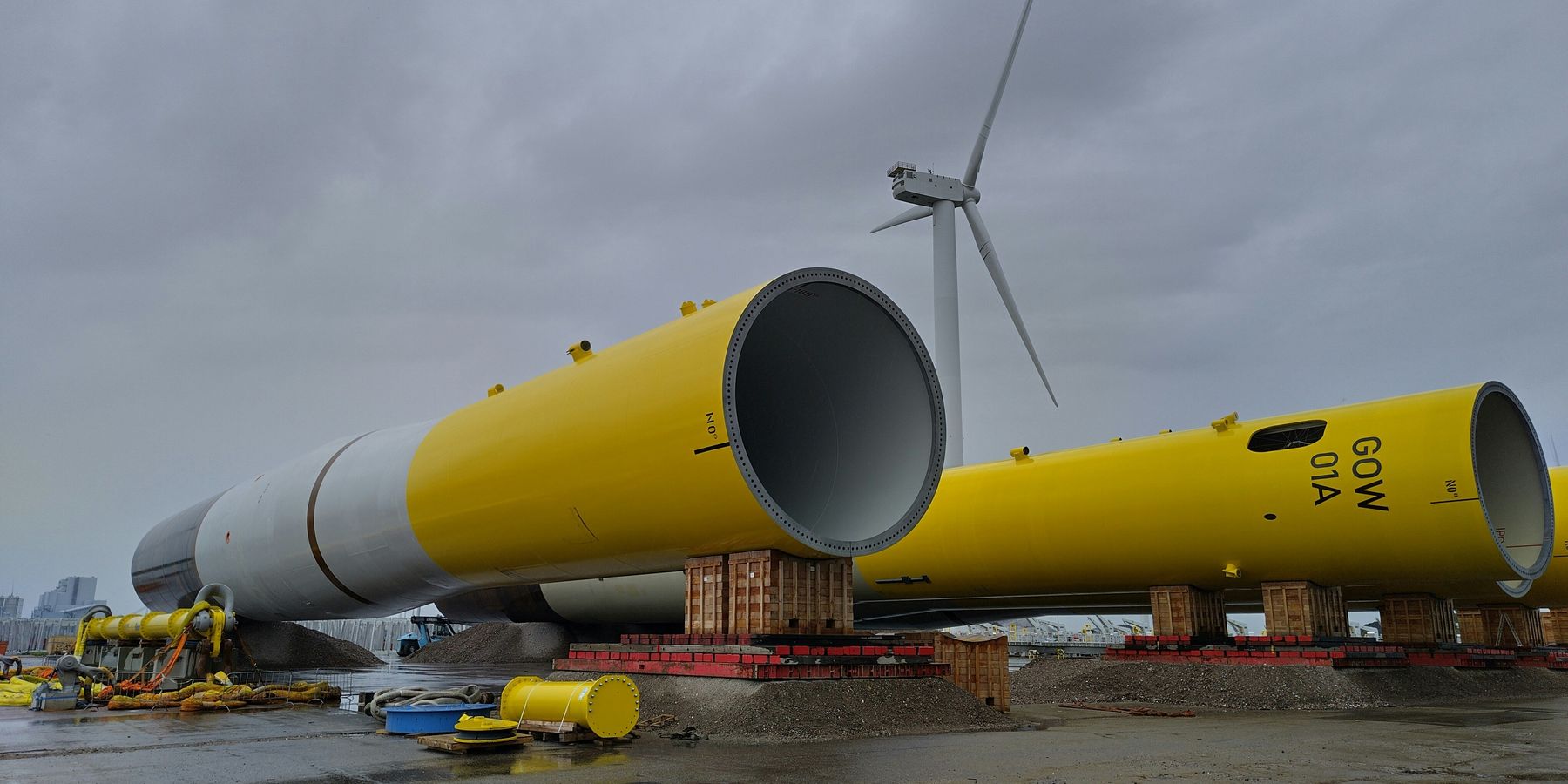Tucson tackles tree inequity as heat deaths rise
As extreme heat deaths soar in Arizona, Tucson is using tree planting and shade mapping to combat the urban heat island effect, but federal funding cuts under the Trump administration threaten these efforts.
Karen Mockler reports for The Revelator.
In short:
- Poorer and predominantly Latino neighborhoods in Tucson are significantly hotter than wealthier areas due to a lack of tree cover and green spaces, contributing to rising heat-related deaths.
- The city launched a Million Trees initiative and a Tree Equity Dashboard to strategically plant trees in the hottest neighborhoods, ensuring shade is placed where people need it most.
- Federal grants from the Inflation Reduction Act had supported urban forestry programs, but the Trump administration's freeze on climate-related spending may halt critical funding.
Key quote:
“They are the only piece of infrastructure that grows in value over time because they are alive.”
— Nicole Gillett, Tucson’s urban forestry program manager
Why this matters:
Extreme heat is the deadliest weather-related hazard in the U.S., and climate change is making cities even hotter. Tree cover can lower temperatures, reduce energy costs, and improve public health, but access to shade remains deeply unequal. Without intervention, lower-income communities — already more vulnerable to heat-related illness and death — will bear the brunt of rising temperatures. Cuts to federal climate funding threaten initiatives aimed at reducing these disparities, leaving cities like Tucson to find alternative ways to keep residents cool.
Related: Americans are connecting climate change to health risks more than ever

